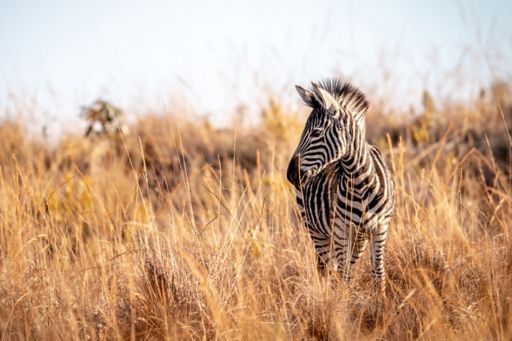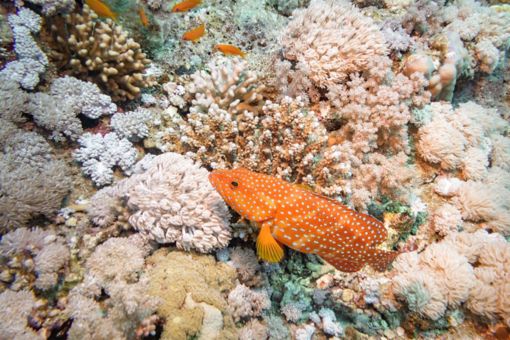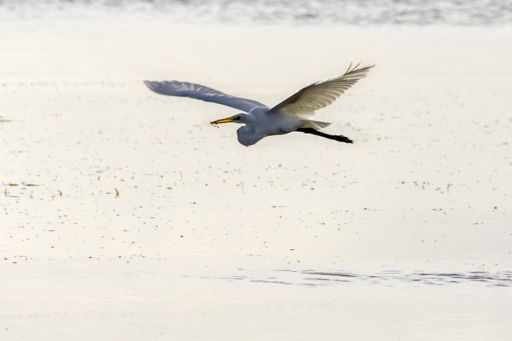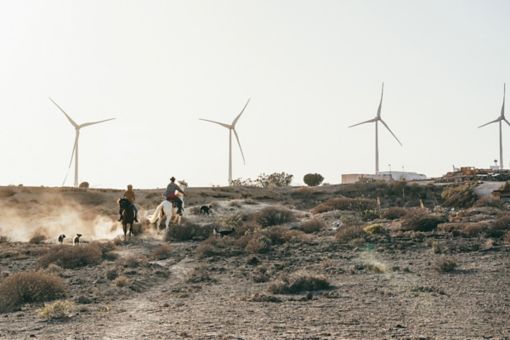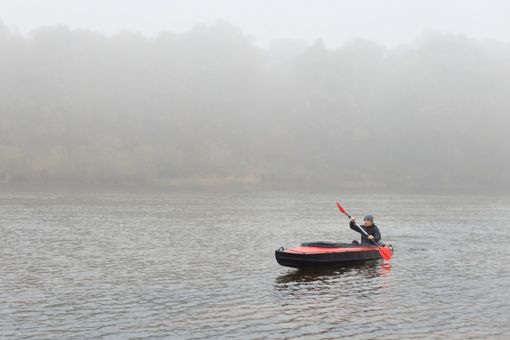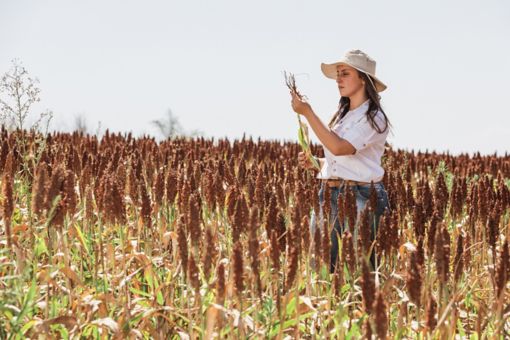Despite on-going efforts, biodiversity is deteriorating worldwide and this decline is projected to worsen with current business-as-usual scenarios. The UN Biodiversity Conference, also known as COP15 will convene governments from around the world to agree to a new set of goals for nature over the next decade through the Convention on Biological Diversity post-2020 framework process. The framework aims to set out an ambitious plan to implement broad-based action to bring about a transformation in society’s relationship with biodiversity and to help ensure that, by 2050, the shared vision of living in harmony with nature is fulfilled.
KPMG’s COP15 Resource Center provides nature and biodiversity insights aimed at helping you understand the potential impacts that COP15 may have on business, government, and society at large. KPMG professionals aim to focus on measurable actions, and provide insights that can help leaders identify transformation opportunities tailored to their circumstances and prepare for a more sustainable future.
This is an opportunity to create a better world and tackle some of the most critical issues of our time. The only way to do this is together, but we must act now.
Are you with us?
Towards nature positive
Human pressures on nature have increased substantially over time, with land use change, climate change and pollution all contributing to unprecedented nature loss. Halting and reversing this loss is a significant challenge, bringing with it risks to corporate and financial stability, but also opportunities.
All businesses depend on nature and its services either directly or through their value chains, and those businesses that are highly reliant on nature are considered ‘most at risk’ from the consequences of nature degradation
Biodiversity and the blue economy
Countries around the world are looking to transition to a “green” economy that’s low in carbon, socially inclusive and resource efficient. In its simplest form, green has become short for a sustainable social, environmental and economic future.
While the world's attention has been caught by the direct terrestrial implications of the green agenda, the blue economy hasn’t been prioritized to date. The “green” economy should include the sustainable use of oceanic resources, but the pivotal role of the oceans in limiting temperature rises and stimulating socioeconomic development has been comparatively absent from the transition towards a “green” global economy.
The blue economy is central to the green ecosystem: oceans influence all-natural cycles and are also directly or indirectly involved with economic sectors. Oceans produce up to 70 percent of the oxygen we breathe, while nearly 40 percent of the world's population depends on marine and coastal biodiversity for livelihood. For these reasons, the “blue” component of the “green” transition to a more sustainable global economy shouldn’t be overlooked.
Case studies
KPMG professionals help clients develop responsible and sustainable strategies, business and operating models, and investments. Learn how KPMG firms leverage the latest research, skills, influence and resources to help build and deliver approaches for clients’ business needs.



